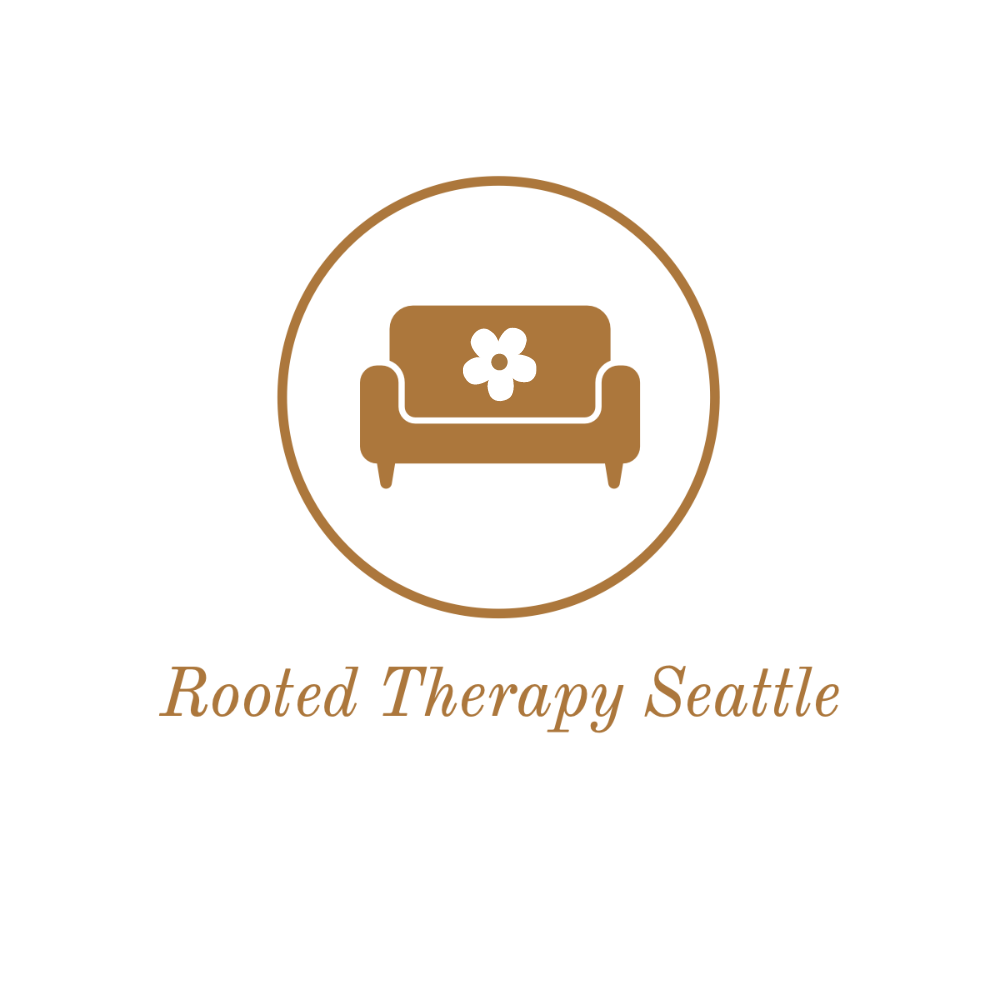The TL;DR on ADHD Medication
Should I Take Medication for My ADHD?
One of the many questions regarding an Attention Deficit Hyperactivity Disorder (ADHD) diagnosis is whether or not to take medication.
Deciding to begin taking ADHD medication is an extremely personal decision. There is also some information that sometimes can give ADHD medication a bad rap. ADHD medication can be extremely helpful when treating ADHD. Anecdotally, I have witnessed many of my clients see a massive improvement in their ability to manage everyday tasks while taking medication.
Like any medication, there are many things to consider before deciding if it’s right for you. However, it can feel overwhelming to try and find helpful information. Unfortunately many doctors who prescribe medication only have a short time with you and you may walk away feeling like you don’t know enough about the recommended medication to feel comfortable taking it.
The information that follows is intended to help you feel more informed about deciding. Please note that I am not a medical doctor so definitely consult with a doctor about whatever you decide.
Myth: I don’t want to become addicted to ADHD medication
You may have experienced or even seen documentaries regarding the abuse of ADHD stimulant medication (if you’re wondering what this is, keep reading and I will address it in a later section). You may have even read actors and celebrities telling their addiction stories to said medication.
If you have 1) an ADHD diagnosis and 2) are seen by a regular doctor and 3) take the medication as prescribed, the chance of addiction is very low. In fact studies have shown that taking a stimulant medication can reduce the risk of other addictions.
Dependence vs. Addiction
Ari Tuckman, PsyD, has a great way of describing the difference between dependence and addiction when it comes to ADHD medication. He states that an addiction is something that makes your life smaller. You have to plan your whole life around that addiction which often negatively affects relationships, your job and health.
A dependence is different. Tuckman shares that when you take medication and might be dependent on it; it should make your life bigger. You should feel like you can do more things that improve your work, relationships and well being.
Tuckman has a great dependence analogy to wearing glasses. For instance, I wear glasses. Can I live without them? Yes. However, I would be dependent on my spouse to drive me everywhere, I would have to take public transportation and my independence to get to places would be greatly affected. When I wear my glasses it makes my life bigger. I can drive to work, I can do activities I enjoy and I can experience the world in a more clearer perspective. Am I addicted to glasses because I need them and they make my life bigger? No. I am dependent on them so that I can have a full life.
Ok, so now what? What medications are available to treat medication?
There are two commonly used classifications of ADHD medication. They are stimulant and non-stimulant medication.
ADHD Medication
ADHD Medication works to even out your ability to focus. ADHD isn’t necessarily a lack of attention. It is an uneven amount. Sometimes you focus too much or not enough. They help to bridge the gap between knowing what needs to be done and actually doing it. It also helps improve emotional regulation and reduce hyperactivity and impulsivity.
Stimulant Medication
Think about when you drink a cup of coffee in the morning. It helps start your day and you feel like you can focus more. Coffee is a stimulant. Stimulant medication works similarly. It comes in an extended release or short acting. The extended release helps to lengthen the benefits of the medication throughout the day. Short acting doses often work for a smaller length of time and you might have to take them multiple times a day.
Common Stimulant Medication:
Adderall (amphetamine)
Ritalin/Concerta (methylphenidate)
Vyvanse (lisdexamfetamine)
Pros:
Extended release options can help to work throughout most of the day
You can see the benefits immediately, it does not need to build up in your system like an SSRI
Gold Standard in treating ADHD
Don’t have to take it every day if you don’t want to
Cons:
Side effects like reduced appetite or insomnia
There often is a ‘crash’ when the medication begins to wane and some folks tend to become more irritable around this time
Controlled substance
Non-Stimulant Medication
There are many benefits of taking a non-stimulant medication similar to stimulants. Non-stimulant medication is essentially an SSRI that has been found to be helpful in the use of treating ADHD.
Common Non-Stimulant Medication:
Wellbutrin (Bupropion)
Strattera (Atomoxetine)
Pros
Don’t have the ‘crash’ like in stimulant medication
Feels more ‘consistent’
Some folks with ADHD due not respond well to stimulant medication so this can be a great alternative
If reluctant to take a stimulant, this can still be a good option
Not a controlled substance
Cons
Takes longer to notice improvement or if medication is working
Have to take it every day
It is hard to find an all you need to know break down regarding ADHD medication. Hopefully this can help you in deciding if ADHD medication is right for you. Definitely discuss your options with a medical provider and you can process it with your ADHD therapist or coach.
Resources
Tuchman, A. et al. (2023) Advanced ADHD Certification Course: Strategies to Customize Treatment for Every Client. Pesi, Inc. https://catalog.pesi.com/sales/bh_c_001617_adhdcertificationcourse_organic-478256
Meet the Author
Adrienne Kandhari (she/her) is a licensed mental health counselor in the state of Washington who has lived experience with ADHD. Adrienne was not diagnosed with ADHD until as an adult. She specializes working with millennial women with ADHD and helping them to grow, succeed, and thrive in the modern world. When she’s not with clients, you can find her exploring the PNW, sewing a new fashion project, and soaking up some snuggles from her Belgian Malinois pup, Alaia




